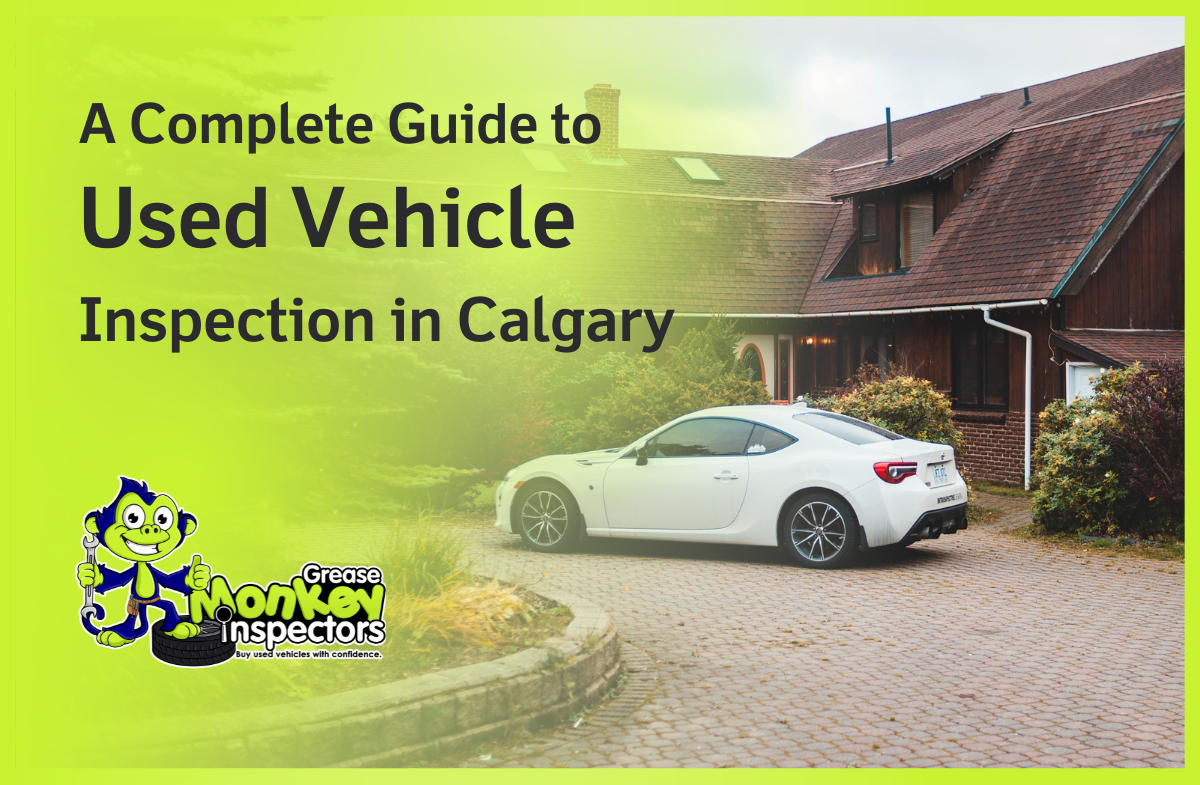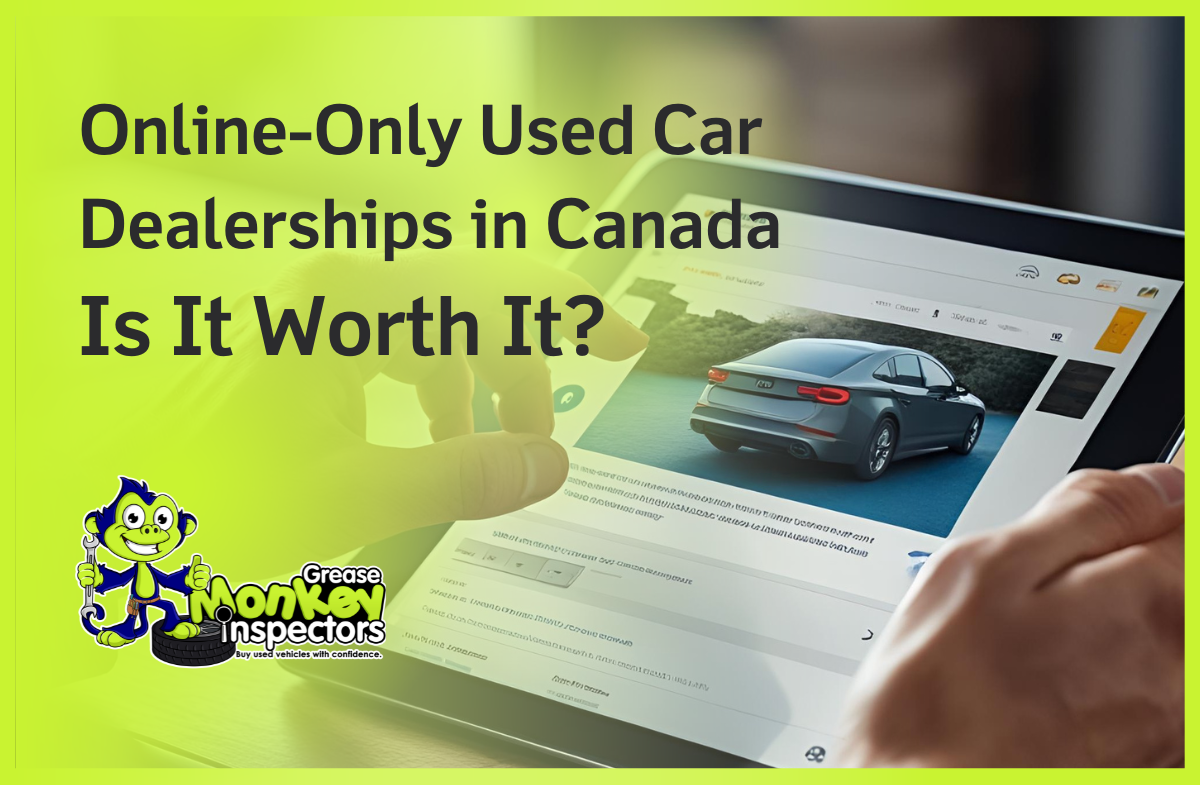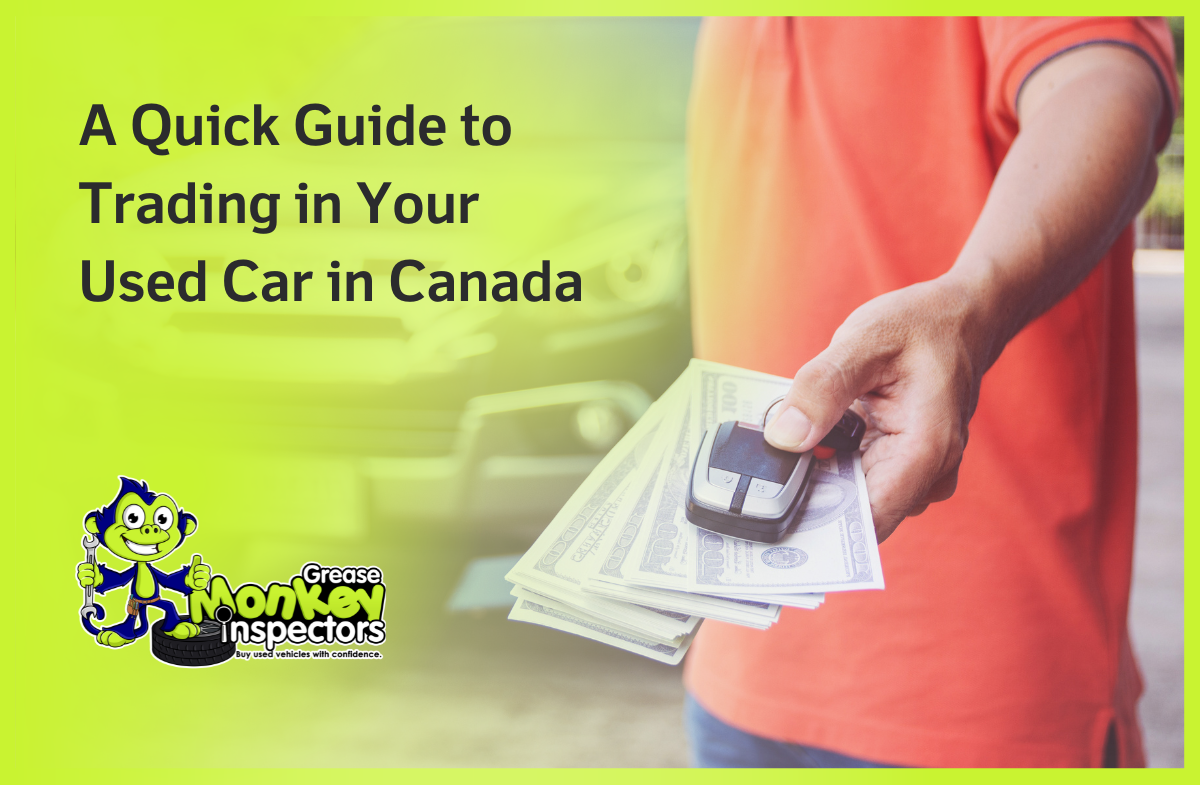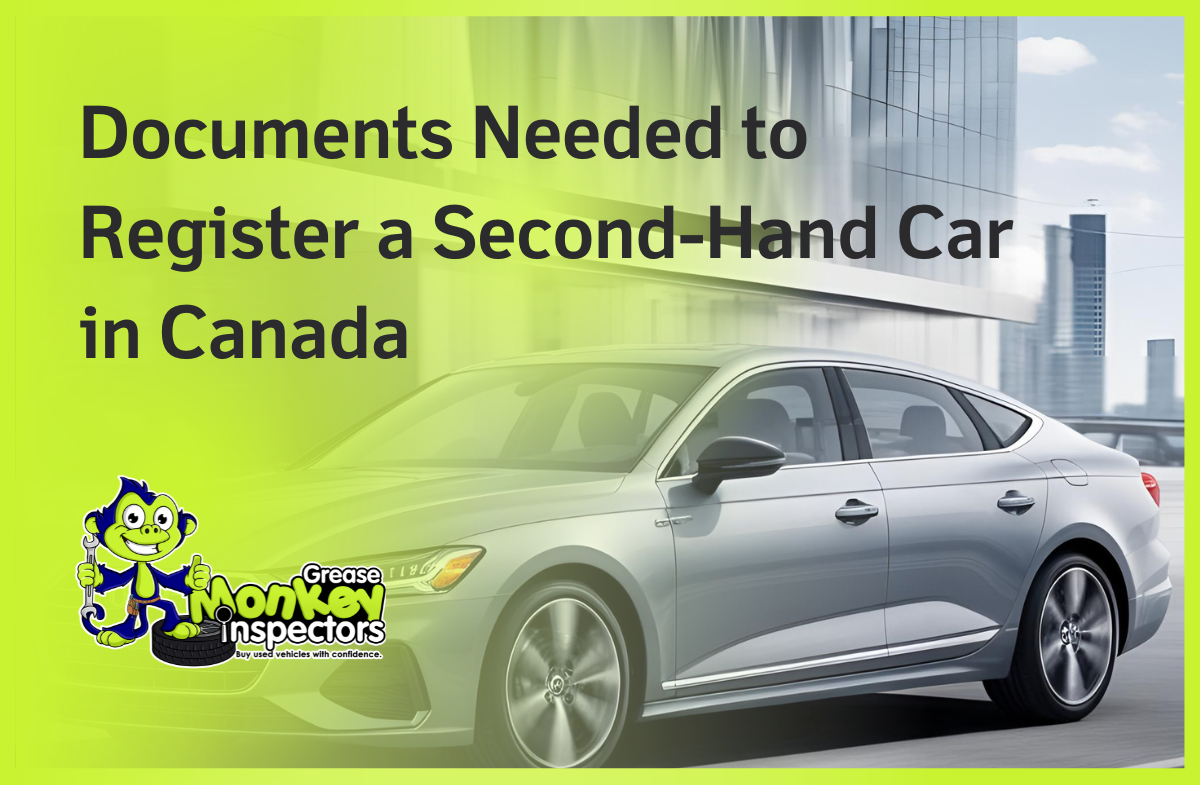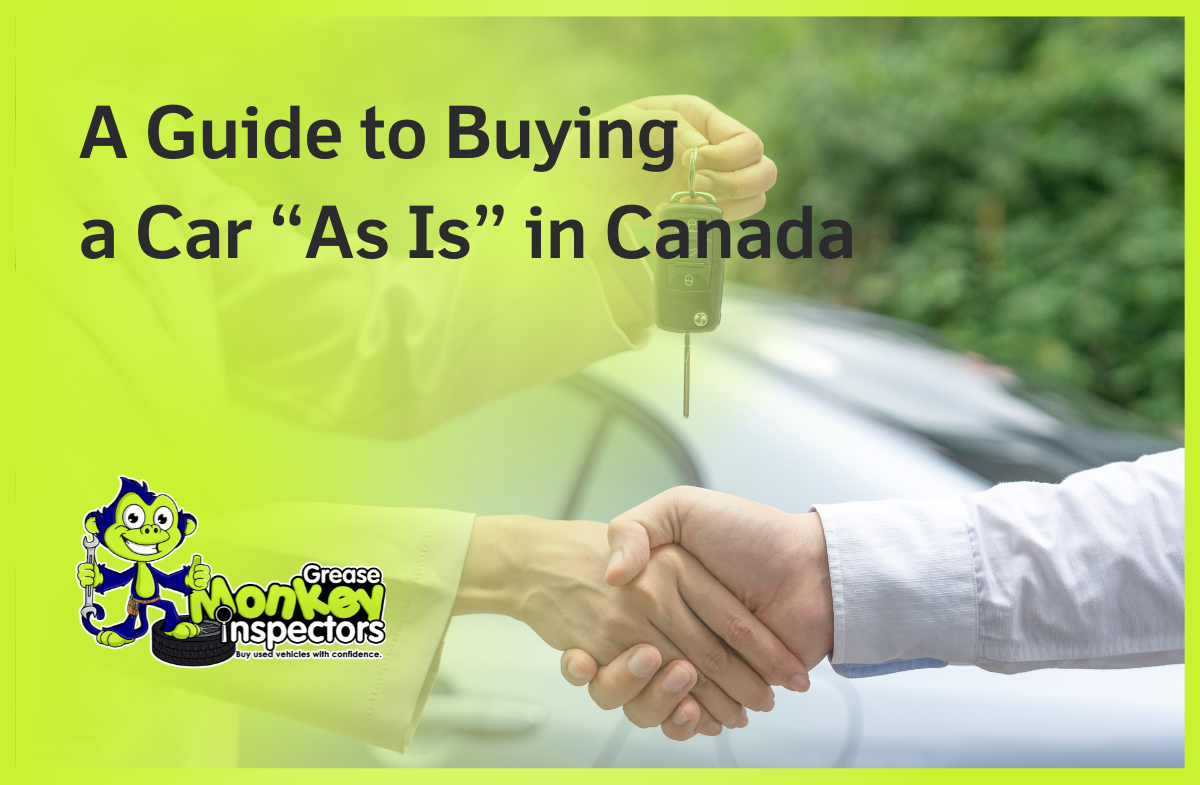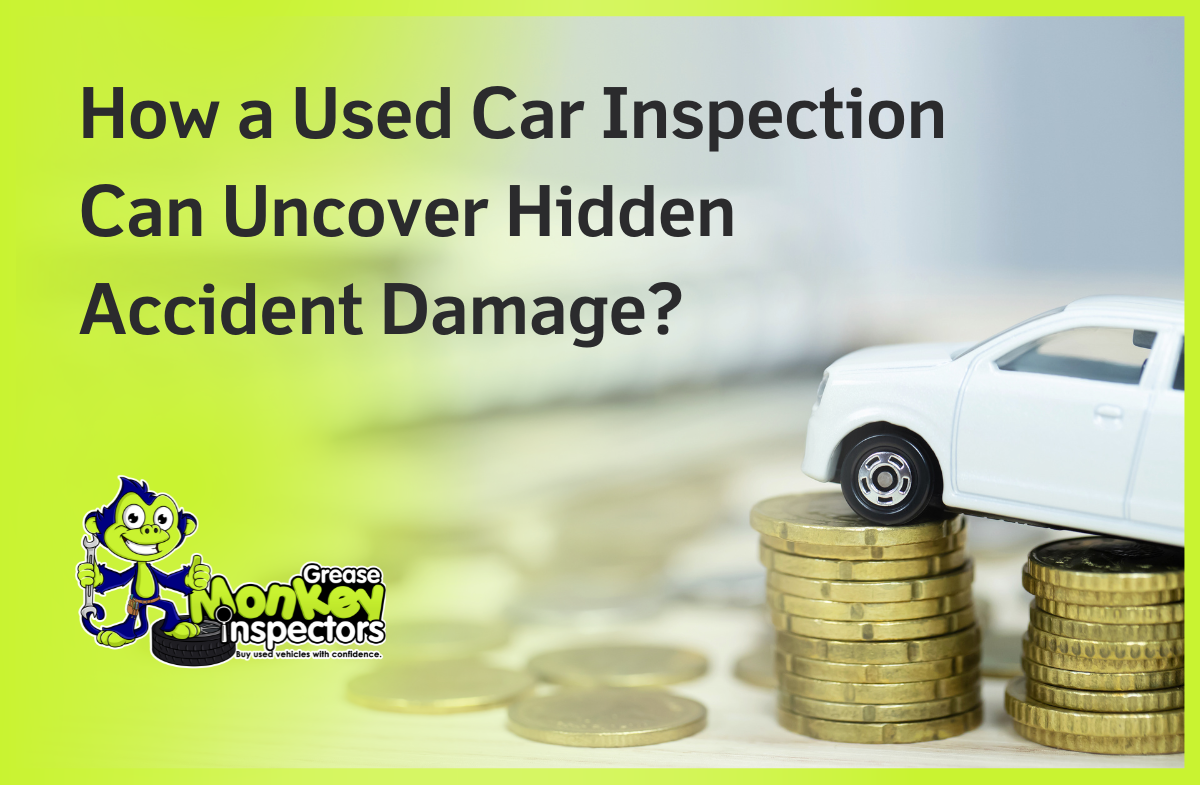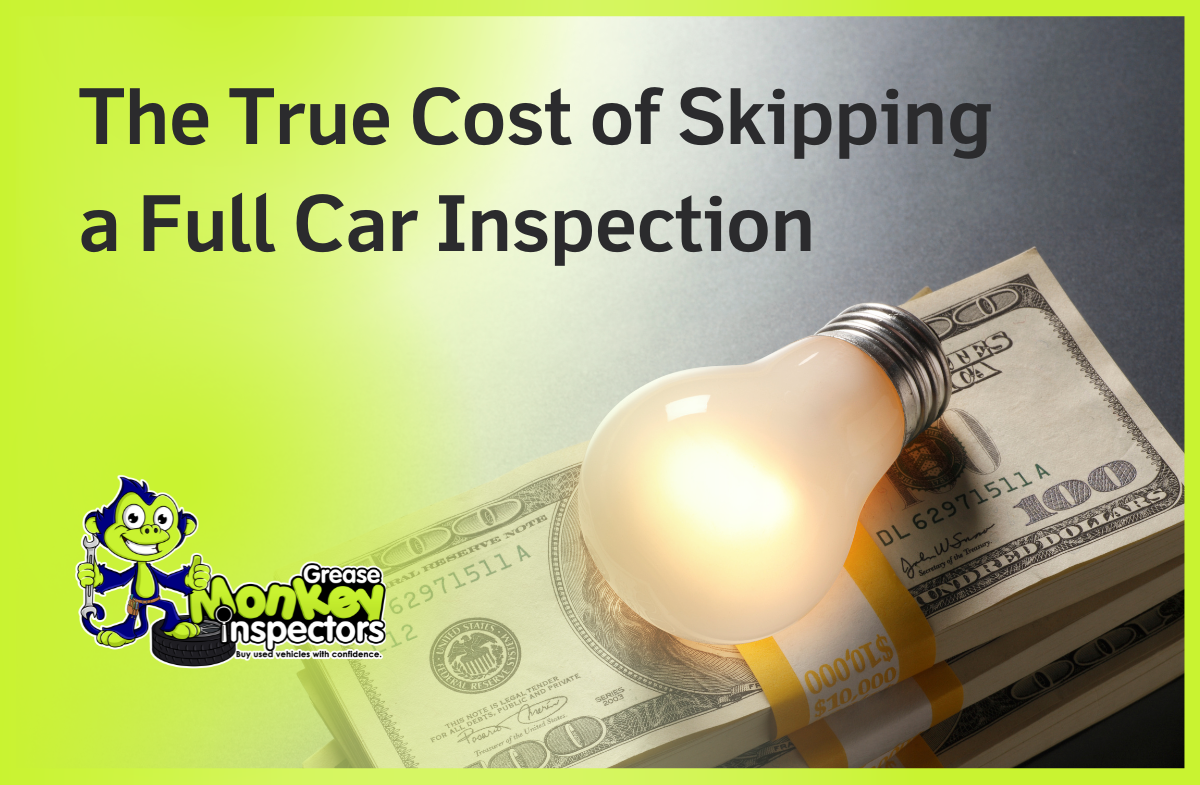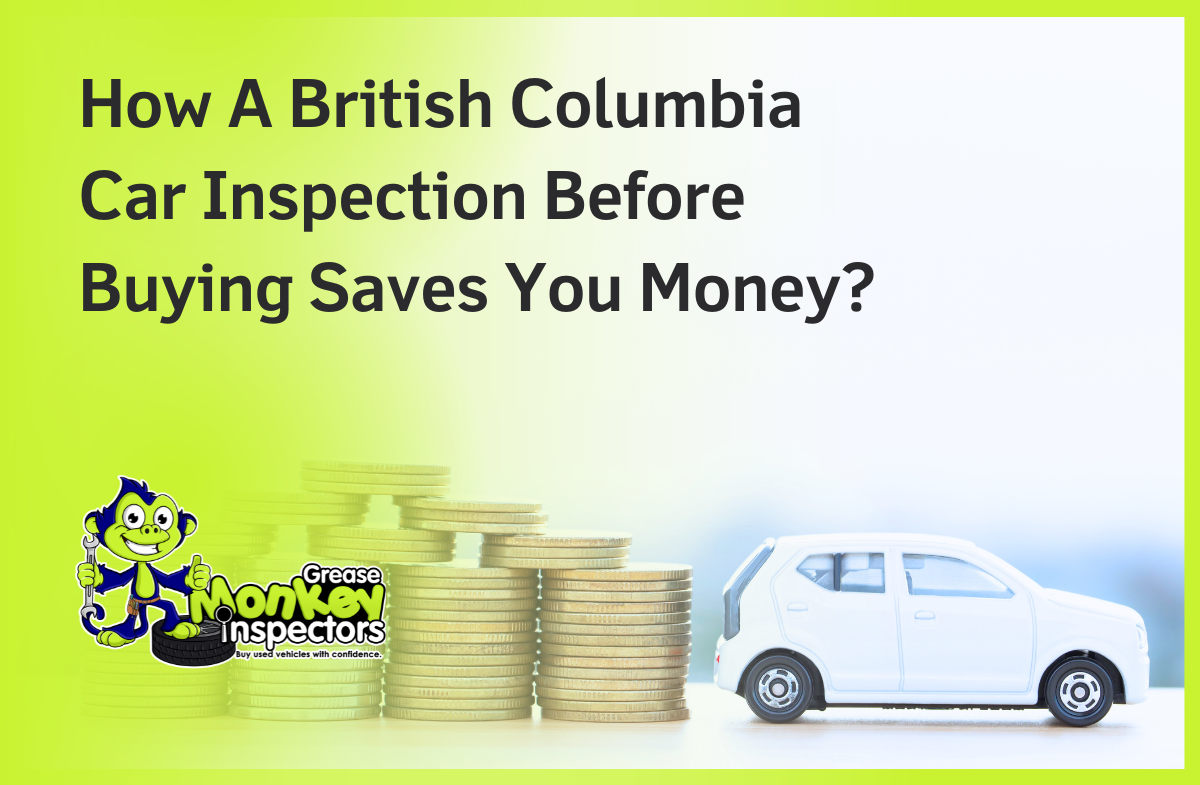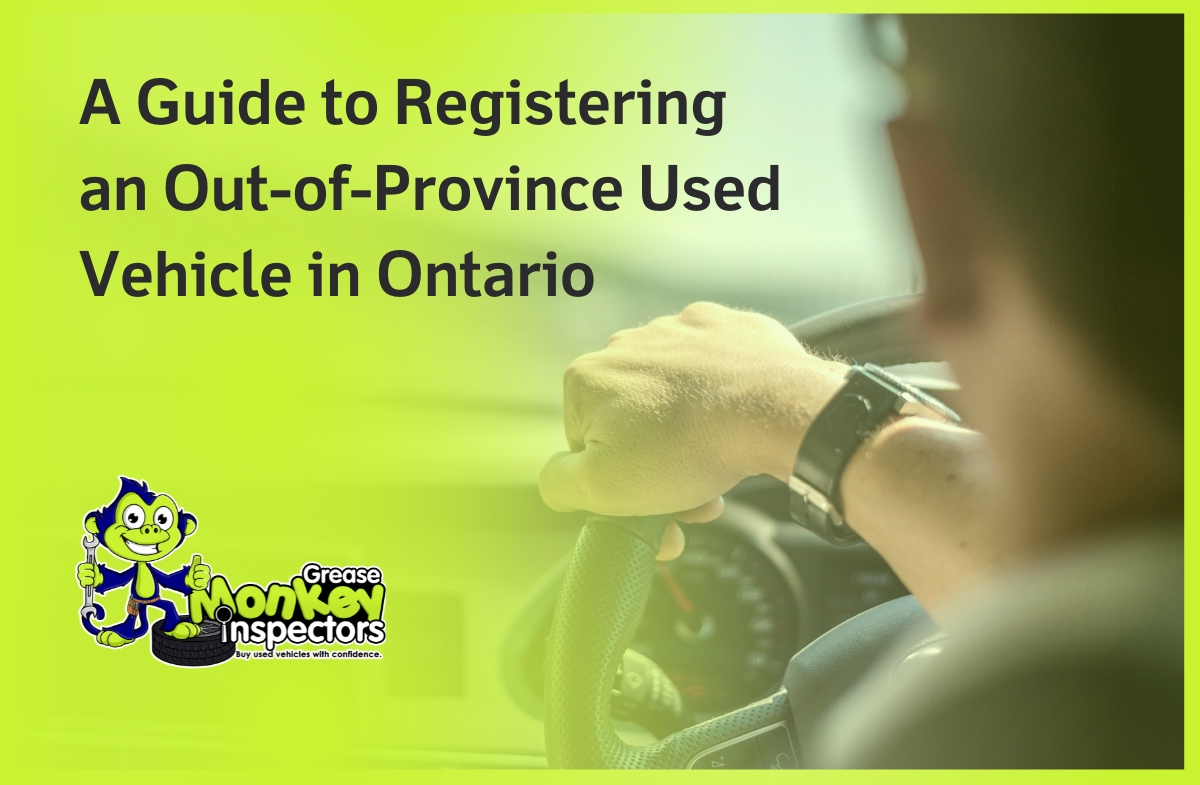Purchasing a used car may be an economical choice, but it is also accompanied by risks. Hidden damage, mechanical failure, or compromised history can lead to unbudgeted costs. So here’s everything you need to know about booking a used vehicle inspection in Calgary and its benefits.
What is a Used Vehicle Inspection in Calgary?
A pre-purchase inspection assesses the general state of a used vehicle to decide if it is safe and running well. For Calgary consumers, booking a pre-purchase inspection in Calgary involves contracting professionals to inspect a number of areas, such as engine performance, underbody state, and the vehicle’s history and can cost between $169 and $329.
Why it Matter?
A mobile pre-purchase inspection in Calgary saves you from costly mistakes. Below are the key benefits:
- Peace of Mind: Make informed decisions with full understanding of the vehicle’s condition.
- Critical Issue Detection: Disclose defects like frame damage or odometer rollback.
- Harder Negotiation: Use the inspector’s report to potentially bring the seller’s price down.
- Improved Safety: Ensure the car is safe to drive on Calgary roads.
3 Simple Steps to Book Your Used Vehicle Inspection in Calgary
- Locate the Vehicle – Find the used car you wish to purchase, whether from a private seller or a dealer.
- Schedule the Inspection – Visit the Inspector’s website or call the helpline to book your inspection. Choose the packages based on how detailed you’d like the report to be.
- Receive a Comprehensive Report – Inspectors will then inspect the vehicle and provide you with a full, same-day report with photos, videos, and an estimate of repairs.
Also read – Mobile Pre Purchase Inspection Calgary | Everything You Should Know
Choose Greasemonkey Inspectors for the Best Car Inspection Services in Calgary
A used vehicle inspection is an investment in safety, reliability, and convenience. With Greasemonkey Inspectors, you’ll receive professional support from technicians with over a decade of experience. Whether you’re eyeing a hatchback, SUV, hybrid, or electric car, our service guarantees a stress-free purchase backed by thorough analysis.
Don’t place your investment on the line.

